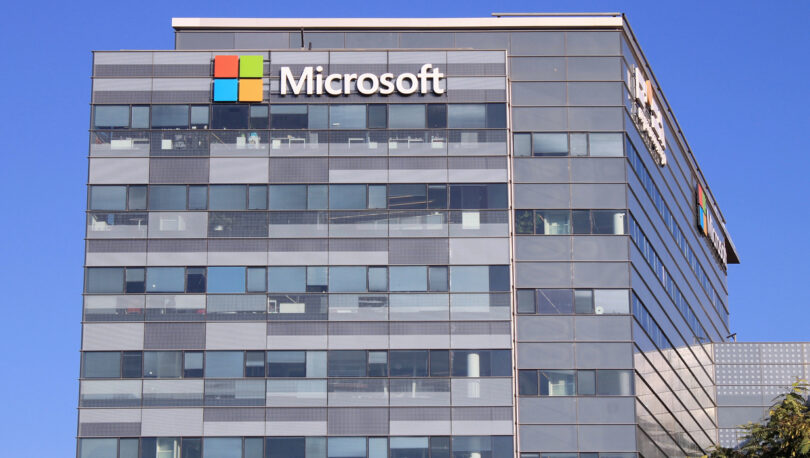Microsoft has several volume licensing programs for large corporate customers – the Select Plus program (which is being discontinued), the Microsoft Products and Services Agreement (MPSA), and the Enterprise Agreement. The Select Plus and MPSA Programs are known as “indirect” agreements. You are actually buying from a third-party such as Dell, Software Spectrum, Insight, PC Connection, etc. These volume licensing programs are analogous to the way that you buy a car – you’re not buying from the manufacturer, you’re buying from the reseller. The reseller sets the price and, just like any other major purchase, the prices vary between resellers.
The Enterprise Agreement program is a “direct” deal with Microsoft, and your purchase payments are made directly to Microsoft. Microsoft sets the price in this case. Interestingly enough, a reseller is also involved in an Enterprise Agreement. The role of the reseller in an Enterprise Agreement, sometimes referred to as the Enterprise Software Advisor, is to facilitate the preparation of the agreements, submit true-up orders to Microsoft on your behalf, manage the contract, and to service your account.
On the indirect front, the reseller is the entity that sets the price for Select Plus and MPSA agreements. In an attempt to secure your business most resellers will agree to specific pricing terms for the course of the contract. It’s not uncommon to receive a “cost + x%” for Microsoft Select Plus or MPSA agreements for those customers that will commit to purchasing other hardware/software needs through a particular reseller. You should shop around resellers when dealing with Select Plus or MPSA agreements. The Enterprise Agreement program, though, is a little more complex. The reseller has no ability to adjust the price. Microsoft sets the price and, potentially, offers discounts and contract concessions.
Given this, is it fair to say that the reseller doesn’t matter when it comes to Enterprise Agreements?
No! The Enterprise Software Advisor is actually paid by Microsoft to manage the Enterprise Agreement account on their behalf. The genesis of this situation is that Microsoft previously had only indirect deals. The company was concerned that the reseller community would sell against them if they moved to a direct-only model. As a result, Microsoft offers ESA payments to the reseller community to manage the Enterprise Agreement accounts. They are responsible for preparing the standard agreements, providing the signature page to the client, and ensuring that true-up reports are submitted on a timely basis. Additionally, the Software Advisor is trained on Microsoft’s Software Assurance (SA) benefits and is incented to ensure that customers are consuming Software Assurance benefits. The price paid to the reseller community for these services has changed over the years, but there are still significant payments made to the resellers based upon the size of the agreement, the size of the true-up, and whether you are activating and consuming your SA benefits.
The reality is that the Enterprise Software Advisor does receive a financial incentive from Microsoft to serve as your advisor. Knowing the reseller is being paid by Microsoft to manage the contract, you should negotiate a level of service commensurate with your needs.
You may wish to consider the following when selecting an Enterprise Software Advisor: Will they provide a dedicated account representative? Is there an inside team to support you? Can the reseller run reports detailing the purchases you have made across multiple agreements? Does the reseller provide support in all of the geographies in which you do business? In an indirect deal like Select Plus or MPSA, can the reseller invoice you in local currencies?
Most Enterprise Software Advisors look to create lasting relationships with their customers, yet it never hurts to shop your agreements around on an annual basis.
